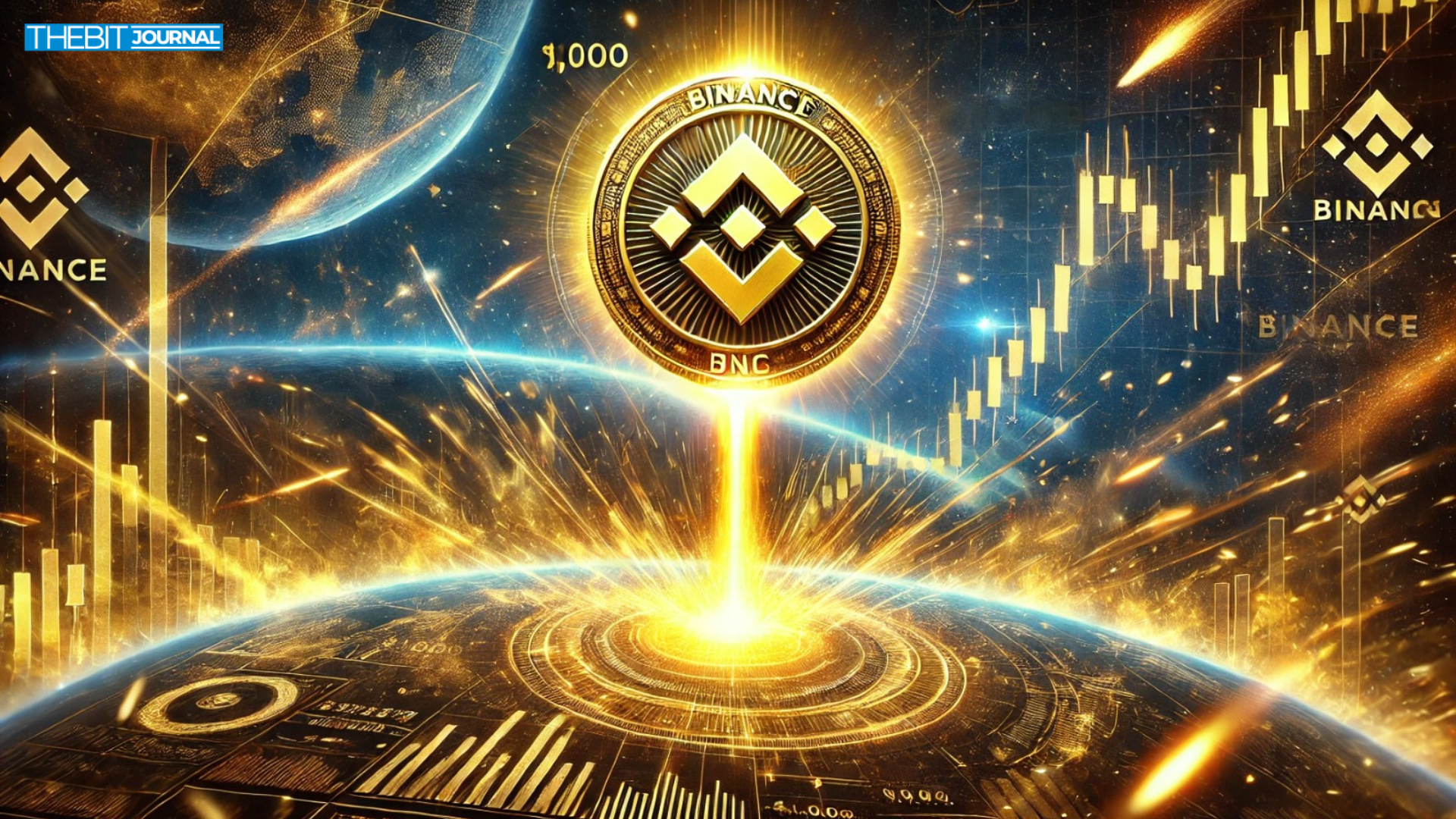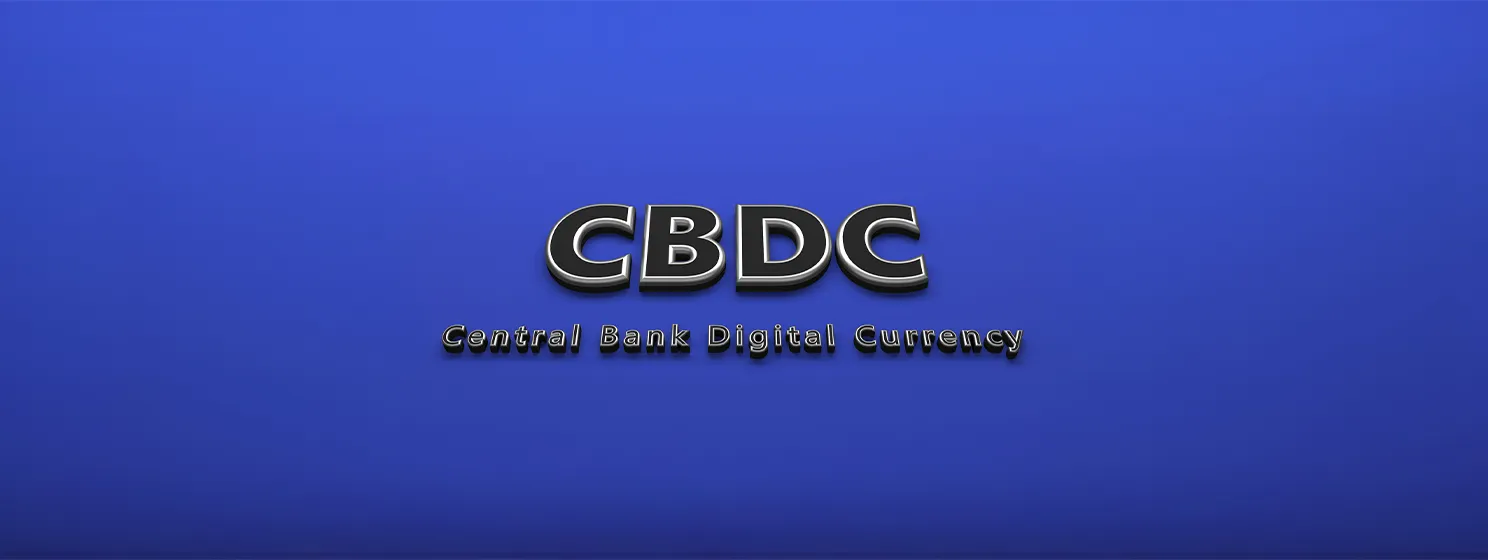|
Getting your Trinity Audio player ready… |
Nigeria’s first local stablecoin, cNGN, was officially launched on local exchanges just a month after the country’s central bank gave it the green light.
cNGN, which touts itself as the first regulated stablecoin in Africa, is available for purchase on the two licensed digital asset exchanges in Nigeria: Quidax and Busha. Licensed individuals and corporations can also purchase the stablecoin directly from the issuer, according to the company’s website.
As of February 5, cNGN had 4,400 tokens in circulation, with 13 holders and spread out across six blockchain networks, with the Bantu blockchain holding the lion’s share.
cNGN is developed by the Africa Stablecoin Consortium, an industry organization whose members include Nigerian banks and fintech. It was first announced in January last year and was scheduled to launch in February. However, ASC postponed the launch, revealing that it had yet to obtain the required licenses from the Central Bank of Nigeria (CBN).
ASC finally received the license from CBN last month. In its announcement, the organization pledged to keep working with the central bank and other watchdogs, including the SEC and the Nigerian Financial Intelligence Unit (FIU), to remain compliant.
cNGN, which stands for “compliant Nigerian naira,” will be pegged 1:1 to the naira, with any new token only minted once an equivalent value in naira has been deposited in a bank account. ASC has pledged to maintain transparent reserves and to be audited quarterly by third-party auditors. It will also publish daily records and monthly attestations of the assets in reserve.
Transparency will be critical for cNGN’s success. Despite stablecoins being a $227 billion sector, it’s still shrouded in opaque structures, and investors usually have to rely on the world of the issuer. Tether, the $140 billion market leader, is the most notorious, twisting its audits to paint a narrative despite being found guilty of misrepresenting its reserves by the New York Attorney General. The Commodity Futures Trading Commission (CFTC) also found that Tether only had the full backing of USDT for 27% of the time between 2016 and 2019.
cNGN is a landmark stride for Nigeria’s digital asset sector, providing a localized solution to the country’s stablecoin demand. However, concerns remain around its naira backing. The naira has been one of Africa’s most unstable currencies in the past few years, drastically dipping from an exchange rate of N460 against the U.S. dollar in early 2022 to N1,500 today. In 2024 alone, the exchange rate doubled, which was the worst performance against the greenback in Africa ahead of Malawi’s kwacha.
However, for a country with 235 million people who have faced severe cash shortages in recent years and where 25% of the population remains unbanked, cNGN’s potential market is massive.
Watch: Tokenizing Gold and Stable Coins
CoinGeek – Read More












